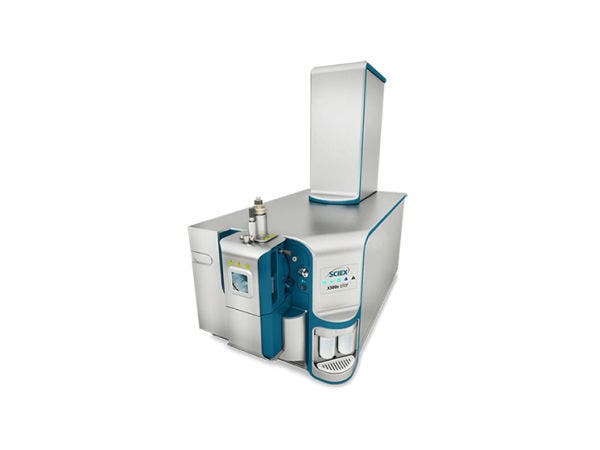Authenticity testing and profiling analysis of food ingredients require reliable methodologies for both identification and quantitation. Meat, seafood, and honey are just a few of the complex matrices within the speciation testing space. Confirm identification and quantify adulterants with confidence using mass spectrometry.
Food speciation testing

Transparency Matters: Instilling customer trust with reliable food testing
ELISA and PCR have some shortfalls in comparison to LC-MS/MS. PCR testing is not suitable for processed meats. ELISA has poor specificity and is not multi-target friendly.
LC-MS/MS technology on the other hand, is highly specific, has good sensitivity and allows for the detection of multiple species in one analysis while being suitable for unprocessed as well as processed meats.
Food fraud, including speciation fraud, continues to be a global concern with high-profile cases occasionally making headlines. For example, in recent years, there have been significant incidents of food speciation fraud related to:
- Seafood: Mislabeling of seafood species is a common issue, especially with white fish packaged and sold as frozen fish fillets or fish fingers. Products labeled as 'made from cod' can instead be made from cheaper species, and consumers have little chance to distinguish differences.
- Olive Oil: Olive oil is often subject to adulteration, either produced with lower-quality oils or completely different oils labelled as extra virgin olive oil. A driver of this practice in low harvest yields in recent years is due to climate change. Droughts in the Mediterranean resulted in low harvest yields in the recent past, causing a shortage of olive oil, especially in Spain - the biggest exporter of olive oil globally.
- Honey: Honey adulteration, including dilution with alternatives like corn syrup, or the addition of artificial sweeteners and colors, has been reported in various parts of the world. High-value honey like Manuka honey, is particular prone to this type of fraudulent activity.
- Spices and Herbs: There have been several documented instances of spices and herbs adulteration with cheaper fillers such as ground nutshells or other plant materials. This practice can affect the flavor, quality, but mainly safety of the products, especially for consumers with allergies.
LC-MS/MS offers a more accurate and reliable approach. LC-MS/MS is highly specific and suitable for analyzing both processed and unprocessed meats, and LC-MS/MS solutions from SCIEX provide high sensitivity and enable the detection of multiple species in a single analysis.
Speciation workflow
Solutions for Food Speciation testing
Suited for:
- Species identification
- Confirming high-value commodities
A uniquely engineered and versatile QTOF build to handle the demands of any high throughput laboratory.
Unleash the analytical power of the next-generation software platform for data acquisition and processing.
Food speciation testing resources
-
Technical note
Sensitive quantitation of 2-acetylfuran-3-glucopyranoside as a marker for rice syrup adulteration in honey
This technical note describes a simple dilute-and-shoot method for the quantitation of 2-acetylfuran-3-glucopyranoside (AFGP) as a chemical marker for detecting rice syrup in adulterated honey.
-
Technical note
SWATH® Acquisition LC-QTOF-MS/MS analysis of food colors and illegal dyes in spices
In this study, a sensitive, robust and fast method based on SWATH acquisition and data analysis was developed to determine and identify 98 food colors and dyes in spices.
-
Technical note
LC-MS/MS analysis of emerging food contaminants
This technical note describes an LC-MS/MS method that uses the QTRAP 6500+ system for the analysis of perfluoroalkyl acids (PFAAs) in food and food packaging material.
-
Technical note
Sensitive and precise quantitation of melamine in milk
This technical note demonstrates a fast and simple method for the analysis of melamine in milk, which achieved a limit of quantitation (LOQ) of 2.5 ng/mL.
-
Technical note
Authentication and geographical origin analysis of plant-derived edible oil Using the SCIEX X500R QTOF System
In this study, the X500R QTOF system was used to establish a workflow for determining the authenticity and geographical origin of plants important to edible oil production.
-
Technical note
Rapid determination of Aconitum alkaloids in adulterated spice powders
This technical note describes a fast extraction coupled with an LC-MS/MS method for simultaneously determining 6 Aconitum alkaloids in adulterated spice powders.
